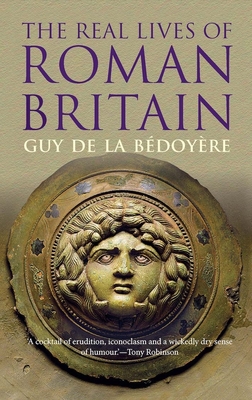Expedite your nonfiction book discovery process with Readara interviews, summaries and recommendations, Broaden your knowledge and gain insights from leading experts and scholars
In-depth, hour-long interviews with notable nonfiction authors, Gain new perspectives and ideas from the writer’s expertise and research, Valuable resource for readers and researchers
Optimize your book discovery process, Four-to eight-page summaries prepared by subject matter experts, Quickly review the book’s central messages and range of content
Books are handpicked covering a wide range of important categories and topics, Selected authors are subject experts, field professionals, or distinguished academics
Our editorial team includes books offering insights, unique views and researched-narratives in categories, Trade shows and book fairs, Book signings and in person author talks,Webinars and online events
Connect with editors and designers,Discover PR & marketing services providers, Source printers and related service providers

The Real Lives of Roman Britain
History > Europe - Great Britain - General
- Yale University Press
- Paperback
- 9780300223491
- 8.9 X 5.9 X 0.8 inches
- 0.9 pounds
- History > Europe - Great Britain - General
- (Single Author) Asian American
- English
Readara.com
Book Description
The Britain of the Roman Occupation is, in a way, an age that is dark to us. While the main events from 55 BC to AD 410 are little disputed, and the archaeological remains of villas, forts, walls, and cities explain a great deal, we lack a clear sense of individual lives. This book is the first to infuse the story of Britannia with a beating heart, the first to describe in detail who its inhabitants were and their place in our history.
A lifelong specialist in Romano-British history, Guy de la B�doy�re is the first to recover the period exclusively as a human experience. He focuses not on military campaigns and imperial politics but on individual, personal stories. Roman Britain is revealed as a place where the ambitious scramble for power and prestige, the devout seek solace and security through religion, men and women eke out existences in a provincial frontier land. De la B�doy�re introduces Fortunata the slave girl, Emeritus the frustrated centurion, the grieving father Quintus Corellius Fortis, and the brilliant metal worker Boduogenus, among numerous others. Through a wide array of records and artifacts, the author introduces the colorful cast of immigrants who arrived during the Roman era while offering an unusual glimpse of indigenous Britons, until now nearly invisible in histories of Roman Britain.
Author Bio
Guy de la Bédoyère is a freelance historian, archaeologist, writer and broadcaster.
His special interests, apart from the Roman Empire and Roman Britain, include coinage (ancient and modern), and the writings of Samuel Pepys and John Evelyn. He is a Fellow of the Royal Numismatic Society, a Fellow of the Society of Antiquaries of London, and a Fellow of the Historical Association. In 1997 he discovered that the rebel Romano-British emperor called Carausius (AD 286–293) had placed explicit reference to lines from poetry by the poet Virgil on his coins, considered a major discovery in the history of the period.[2]
Between 2007 and 2016 de la Bédoyère gave up his full-time freelance work as a writer and broadcaster, to teach at Kesteven and Sleaford High School in Sleaford, Lincolnshire. After training on the Graduate Teacher Program, he specialized in teaching Modern History and Classical Civilization.
Guy de la Bédoyère was born in Wimbledon on 27 November 1957, the eldest of five children. He was educated at King's College School, Wimbledon and Wimbledon College. He took an archaeology and history degree at Collingwood College, Durham in 1980, part of Durham University, with a subsidiary paper in Egyptology, a degree in modern history at the University of London in 1985, and an MA in archaeology at the Institute of Archaeology, now part of University College London, in 1987. From 1981 to 1998 he worked for most of the time as a sound engineer for BBC Radio News at Bush House and Broadcasting House in London. In 1998 he became a full-time freelance writer and broadcaster.
He lives in Grantham Lincs, UK.
Source: debretts.com, Yale University Press, youtube.com and Wikipedia.com
Videos
No Videos
Community reviews
No Community reviews

